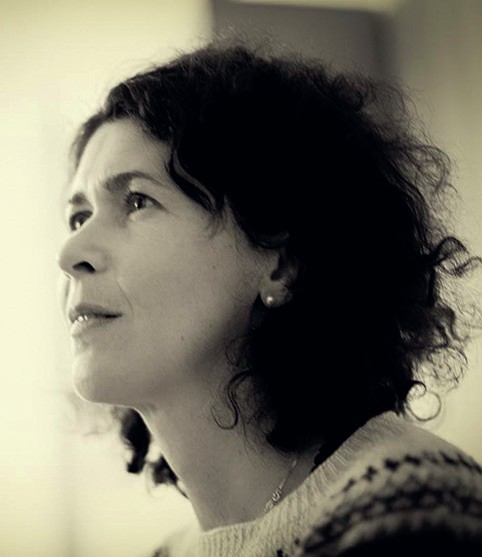
Sasha Dugdale was born in Sussex. She is a poet, playwright and translator of Russian literary works. Between 1995 and 2000 she lived in Russia, working for the British Council. ‘Ten Moons’ paints a dystopian vision of humans creating permanent day, which gives them even more time for ‘wrecking and equivocating’. The poem imitates the style of the Old Testament to achieve its effect. Dugdale has published four poetry collections with Carcanet Press: Notebook (2003), The Estate (2007), Red House (2011) and Joy (2017).
And then came the ten moons Full in the sun’s glare, and the seraphim, And it was light all night in the orchards And on the plains and even in the towns And mankind rejoiced, because it was now the case That the wrecking and equivocating could carry on The pale night long. Mankind rejoiced And went forth to those places twelve hours of light Had not made it worth the while to despoil And gamboled collectively on the cliff tops And regarded the night-broiling of the sea Hitherto forbidden, but now opened in festival. Half the world’s time unpeeled and exposed So fruit might ripen faster and trees flourish higher And forced photosynthesis green all the land. Then night ramblers, night-sun-worshippers, Night-motorists fanned out and made the most Of spectral light, which bleached out stars and even The cozy old moon herself, who had Once held a sickle broadside to the sun, and now Was a hollow daytime shadow. Only a few old believers slept Hand in hand, shoulder to breast, As if their lives depended on it, knowing yet That the morning would bring nothing Because the day knew no beginning And had no end.
Your organisation does not have access to this article.
Sign up today to give your students the edge they need to achieve their best grades with subject expertise
Subscribe




